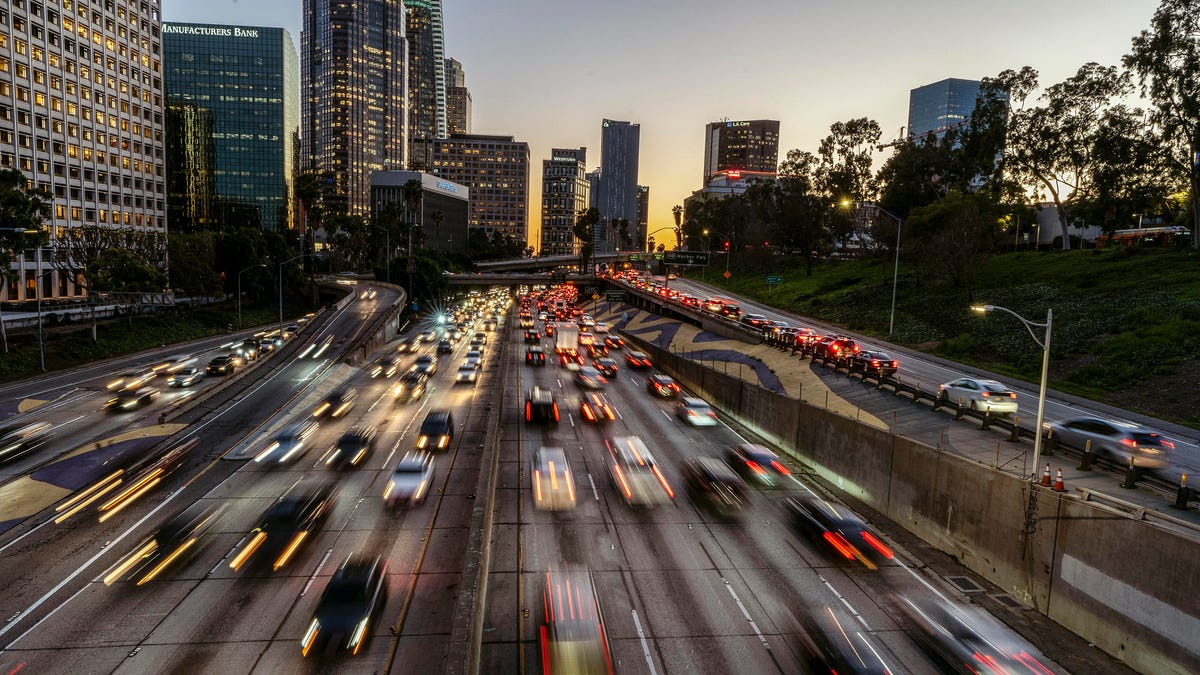Trump administration to revoke California's ability to set emissions rules, report says
The government will reportedly announce the end of California's waiver on Wednesday.

California has vowed to challenge the move in the past.
The stage is set for a bitter and perhaps lengthy battle over vehicle emissions and states' rights. While numerous reports have pointed to the Trump administration's desire to end California's ability to set stricter emissions standards, the New York Times reported Tuesday it's a done deal.
The White House will reportedly make the announcement on Wednesday, which will completely end the state's ability to set emissions standards that go further than federal requirements. A total of 13 other states also follow California's regulations. While a previous report claimed the Trump administration would still allow the state to set low-emissions vehicle standards, the latest report makes no mention of this. In fact, the newspaper's sources claim it will revoke all authorities dating back to 1970.
California was granted a waiver process when the 1970 legislation passed and covered the entire country, as it already had clean-air regulations in effect. Without it, California will be required to follow one national set of regulations and it will not be able to (all but) mandate zero-emissions vehicles in the state and operate its credit system for automakers.
The EPA did not respond to a request for comment.
According to the newspaper, the overall plan to weaken auto emissions and fuel economy regulations has been stalled, and the Trump administration decided to move forward with just the revoking of the waiver process for now. The EPA, under Trump, proposed freezing fuel economy and emissions standards at 2020 levels -- a reversal of the tougher Obama-era rules currently in place. As it stands, automakers must have a portfolio that returns 46.7 miles per gallon by 2026. The Trump administration's plan would freeze that target at 37 mpg over the same timeframe.
Automakers have already said the proposal goes too far and four automakers sided with California to honor voluntary emissions and fuel economy regulations. That agreement, however, has resulted in an antitrust investigation at the Department of Justice. The EPA also signaled it may not lay out identical regulations as it proposed last year. The final requirements may be closer to the Obama-era regulations in place now.
While the Trump administration has argued for a single national standard, revoking California's waiver has the potential to fracture the US auto market. It's possible automakers may need to meet two separate standards in the future, depending on how future legal battles play out. Automakers certainly will not build cars to suit two separate sets of requirements -- bet they'll build to the highest requirements for the best synergies.

